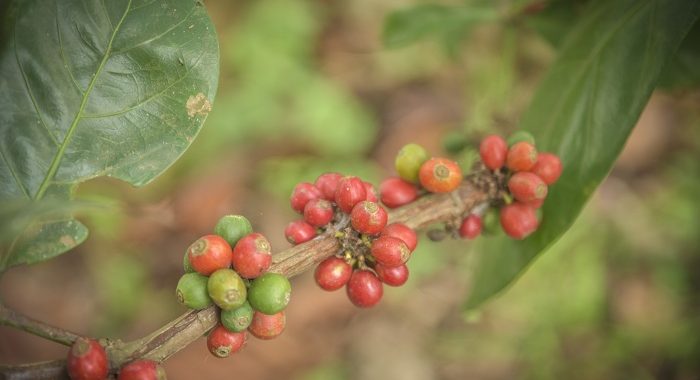The Philippine Coffee Board Inc (PCBI) or simply “The Coffee Board” is on its 15th year as a ”go-to” organization for everything coffee related and most specially the promotion of Philippine coffee here and abroad.
In their site, inquiries for the upcoming summit are mostly from people wanting to learn more about coffee production.
The coffee enthusiasts want to learn how to process coffee and this is exactly what attendees will learn from the speakers at the 10th National Coffee Summit in Davao City on October 24, 2017 at SMX Convention Center, SM Lanang in the southern capital.
Besides learning about the Philippine Coffee Roadmap as produced by the Department of Agriculture (DA) and the Department of Trade and Industry (DTI) coffee farmers will learn about how to make their coffees win in the global marketplace.

International coffee experts like Samuel Gurel of Coffee Quality Institute (CQI) will discuss the secrets to a winning entry for the KAPE PILIPINO Green coffee cupping competition (which is now on its second year). Gurel was the head judge for last year’s initial competition and will be back for the second run in February 2018. As always, the winners will be sent to the Specialty Coffee Association Convention in Seattle, Washington, USA and will of course be swamped with buyers and inquiries for their finely processed coffees.
Last year, the two winners were both from Bukidnon, and both women-led groups which had Robusta and Arabica entries winning over the rest of about 80 entries. Why women? “Women do the sorting and processing with great care,” says Nicholas Matti, Chair of PCBI, “and this makes them natural specialty coffee producers,” he continues.
PCBI Executive Director Robert Francisco, himself a Q grader or a Quality grader, a certification that still only a few have in the country, rated even the Robustas as Specialty coffee. “Our Robustas surprisingly now are specialty grade, reaching over 80 point on the Q system,” he says. “There is a new market for Specialty or Fine Robustas and Exotic Libericas (Barako)” Francisco relates.
Founding trustee Guillermo”Bill” Luz is also excited about the event as he has always been since he helped found the group 15 years ago. “we’ve done so much but there is more to be done,” he says. “If our efforts in promotions helped in arresting further decline of production , then that is good” he declares. Coffee production has reached 32,000 MT up from 22,000 when the PCBI started as the National Coffee Development Board, after being created as merely a Task Force for Coffee Rehabilitation by PGMA in 2008. The founding trustees thought it best to incorporate to make their efforts sustainable though continuous activities and annual events like the Coffee Origins and the Coffee Summit.
“We’re now 15 years old ,” Bill says but “there is more work to be done to now upgrade the quality, and not just production” he says.
Another area where PCBI has concentrated is the promotion of coffee from women farmers , women in processing and also in retail. The Board has three women directors among nine, making it a diverse board that sees to the promotion not only of coffee in general but of women’s roles in coffee. Pacita Juan, PCBI President, is a staunch advocate of coffee from women farmers, making it a special origin and promoting it widely as “Traceable coffee”. “I ask the women to put their names on each sack they sell, to show they are proud of their work,” she says. “Women do the detailed task of sorting beans ” she says. “This ensures that the quality of what gets to market is quality whole beans, not broken ones “ Juan continues. Whole beans make better roasted coffee products as the roasting becomes uniform and even all throughout the bag or the cup.
The 10th National Coffee Summit will indeed be a laboratory of new ideas and expert opinions on coffee processing and reaching global markets.

The prices for Robusta have gone up from a mere P80/kilo to now P100-150 per kilo, if marked specialty grade. Arabicas have fetched prices from P180 all the way to P450 per kilo for the winners and finalists of the Kape Pilipino. Now that’s higher than world market prices. But then again, the Philippines can excel in Specialty grades and be known as a new origin and the new frontier of Quality coffee.
Move over, Ethiopia. Philippines now has a seat at the table.
